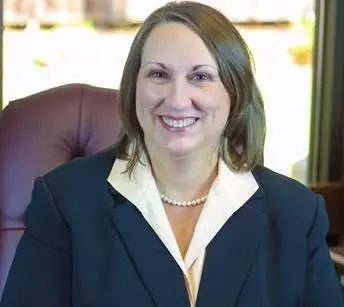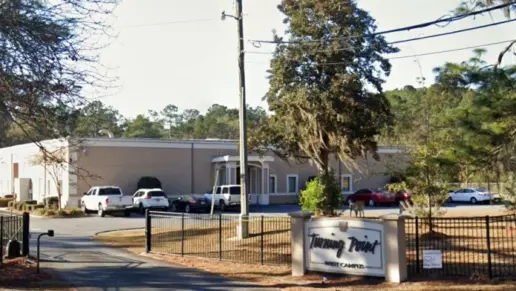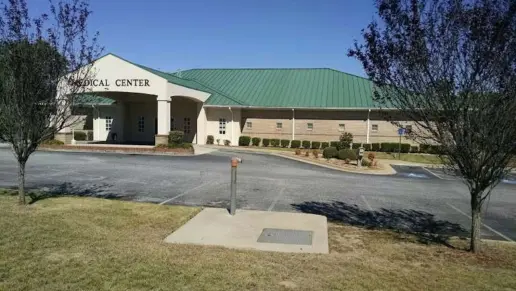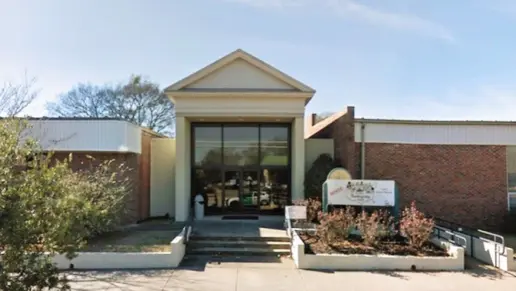About Hope House Inc
Hope House is a comprehensive treatment center in Augusta, Georgia. They serve low-income and homeless women affected by substance use disorders or mental health disorders. Services are also available for single, pregnant and postpartum women. These women can bring their minor children into treatment with them. Women attempting to regain custody of their children can also access treatment. They offer residential and intensive outpatient treatment programs and a long term supportive housing facility for women.
Their programs foster independence through comprehensive treatment that breaks the cycles of substance misuse, untreated mental illness and poverty. The recovery approach for each program uses the medical model with an emphasis on community support. The programs begin with evaluation and screening. Clients are required to participate in group and individual sessions or classes. This helps you address underlying personal issues, build solid coping skills and develop relapse prevention strategies. You’ll also benefit from their life skills training, employment support and educational assistance. Peer support is provided by certified peer advocates.
They also provide parenting and family support as well as case management services. These services are similar across all the programs. However, the pregnant and postpartum women program involves additional services. These encompass linkage to OBGYN/psychiatric care and home visits by qualified nurses or parenting coaches. Their holistic care also considers the therapeutic needs of the minor children. Their core services range from disability screenings and school readiness skills to substance use prevention programs. Your child will definitely get the best quality of care as you recover.
They also offer reunification assistance. This can be helpful if your child is in foster care and you’re trying to regain custody. Their residential treatment provides structured care in a safe and supportive setting for 6 to 24 months. This depends on the unique needs of the individual and family. The average stay is nine months, with a minimum stay of six months. The intensive outpatient care is less structured and more flexible. Depending on the severity of your situation you can also move through their whole continuum of care. This means transitioning from residential care to intensive outpatient treatment followed by supportive housing.
Facility Overview
Latest Reviews
Rehab Score
Other Forms of Payment
Private insurance refers to any kind of healthcare coverage that isn't from the state or federal government. This includes individual and family plans offered by an employer or purchased from the Insurance Marketplace. Every plan will have different requirements and out of pocket costs so be sure to get the full details before you start treatment.
Self-pay involves paying for treatment out of your own pocket. You can use savings or credit, get a personal loan, or receive help from family and friends to fund your treatment. If you don't have insurance or your insurance plan doesn't cover a specific program, self-pay can help ensure you still get the care you need.
Financial aid can take many forms. Centers may have grants or scholarships available to clients who meet eligibility requirements. Programs that receive SAMHSA grants may have financial aid available for those who need treatment as well. Grants and scholarships can help you pai for treatment without having to repay.
Military members, veterans, and eligible dependents have access to specific insurance programs that help them get the care they need. TRICARE and VA insurance can help you access low cost or no cost addiction and mental health treatment. Programs that accept military insurance often have targeted treatment focused on the unique challenges military members, veterans, and their families face.
Addiction Treatments
Levels of Care
Treatments
The goal of treatment for alcoholism is abstinence. Those with poor social support, poor motivation, or psychiatric disorders tend to relapse within a few years of treatment. For these people, success is measured by longer periods of abstinence, reduced use of alcohol, better health, and improved social functioning. Recovery and Maintenance are usually based on 12 step programs and AA meetings.
A quality drug rehab in Georgia can help you overcome addiction. This environment is designed to help you address the complex issues contributing to drug dependence. The goal of treatment is to give you the tools you need to make a full recovery.
Many of those suffering from addiction also suffer from mental or emotional illnesses like schizophrenia, bipolar disorder, depression, or anxiety disorders. Rehab and other substance abuse facilities treating those with a dual diagnosis or co-occurring disorder administer psychiatric treatment to address the person's mental health issue in addition to drug and alcohol rehabilitation.
Opioid rehabs specialize in supporting those recovering from opioid addiction. They treat those suffering from addiction to illegal opioids like heroin, as well as prescription drugs like oxycodone. These centers typically combine both physical as well as mental and emotional support to help stop addiction. Physical support often includes medical detox and subsequent medical support (including medication), and mental support includes in-depth therapy to address the underlying causes of addiction.
Substance rehabs focus on helping individuals recover from substance abuse, including alcohol and drug addiction (both illegal and prescription drugs). They often include the opportunity to engage in both individual as well as group therapy.
Programs




Clinical Services
Group therapy is any therapeutic work that happens in a group (not one-on-one). There are a number of different group therapy modalities, including support groups, experiential therapy, psycho-education, and more. Group therapy involves treatment as well as processing interaction between group members.
Men and women in Georgia may experience Motivational Interviewing techniques while undergoing individual therapy for drug and alcohol addiction treatment. This approach helps you explore how you feel about drug use and it strengthens your commitment to maintaining treatment. It is particularly useful in the early stages of recovery.
Trauma therapy addresses traumatic incidents from a client's past that are likely affecting their present-day experience. Trauma is often one of the primary triggers and potential causes of addiction, and can stem from child sexual abuse, domestic violence, having a parent with a mental illness, losing one or both parents at a young age, teenage or adult sexual assault, or any number of other factors. The purpose of trauma therapy is to allow a patient to process trauma and move through and past it, with the help of trained and compassionate mental health professionals.
The skills you learn in couples therapy are designed to help you successfully address relationship challenges as they arise. These skills can include anger management, conflict resolution, communication, and problem solving.
During family therapy sessions in Georgia, members address the emotional toll that addiction has had on them. Therapists help your family develop coping strategies and improve the family unit's communication. This provides a stable environment that supports the recovery process.
Amenities
-
Private Transportation
-
Residential Setting
-
Private Rooms
Staff

CEO

CFO

Operations Coordinator

Residential Program Director
Contact Information
2205 Highland Avenue
Augusta GA, 30904


